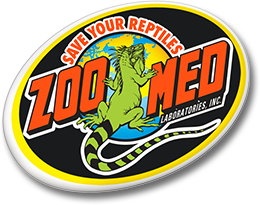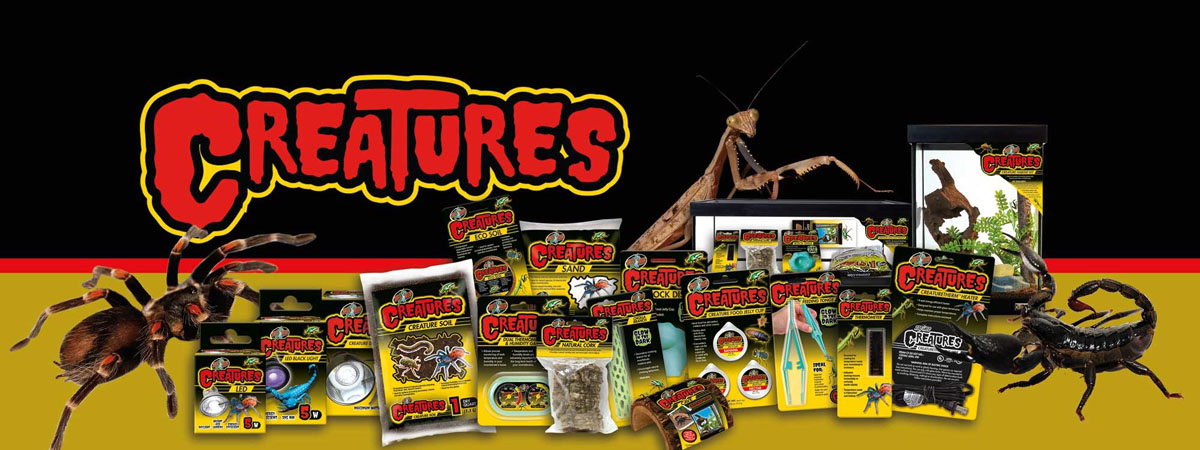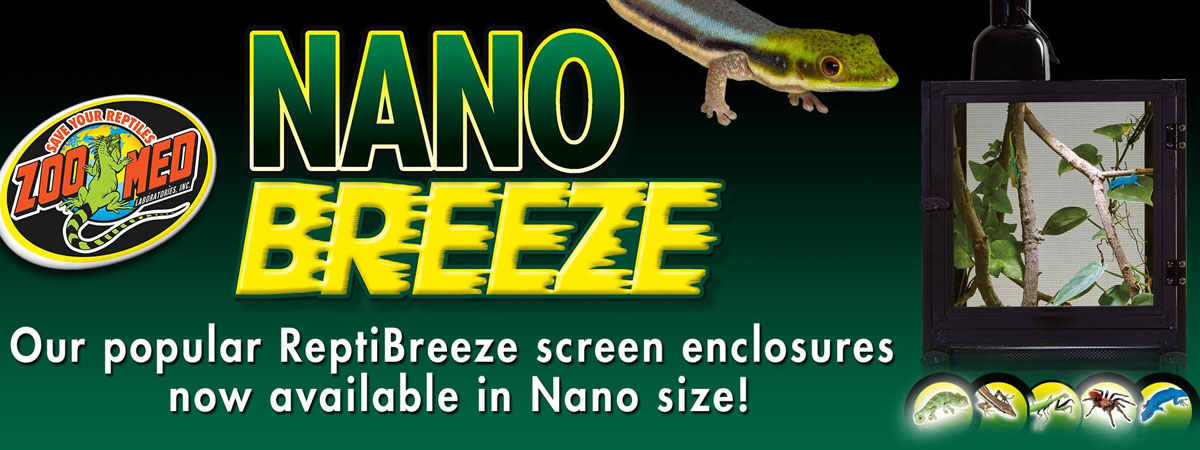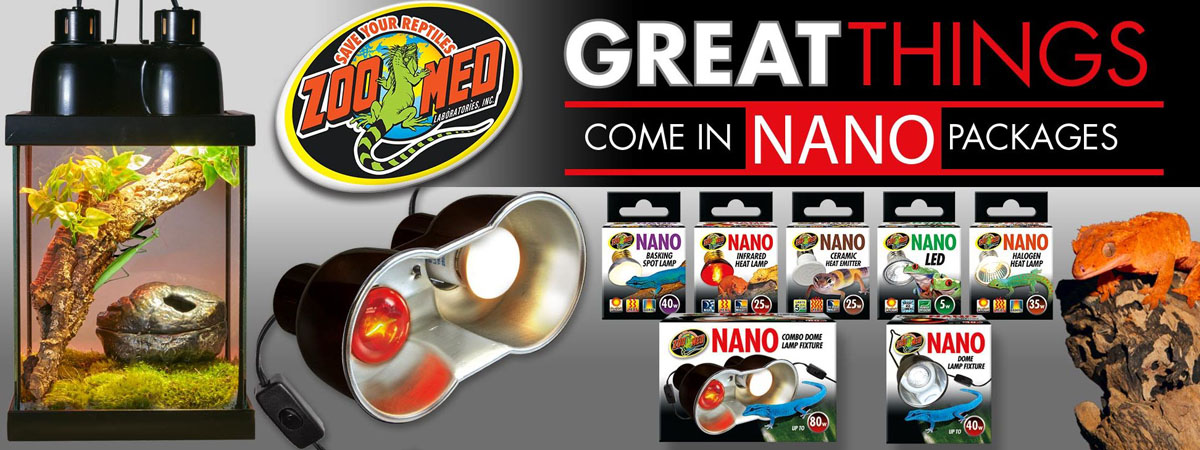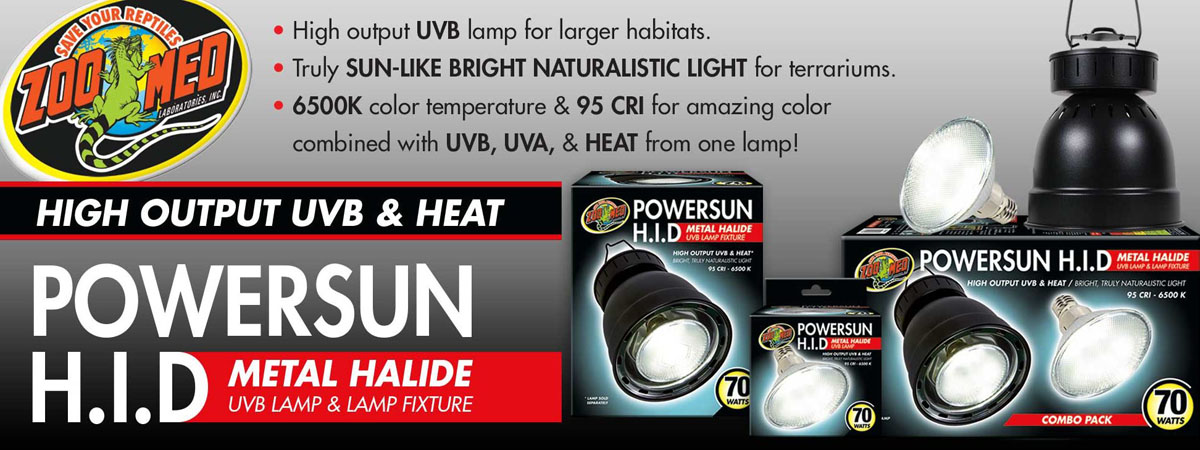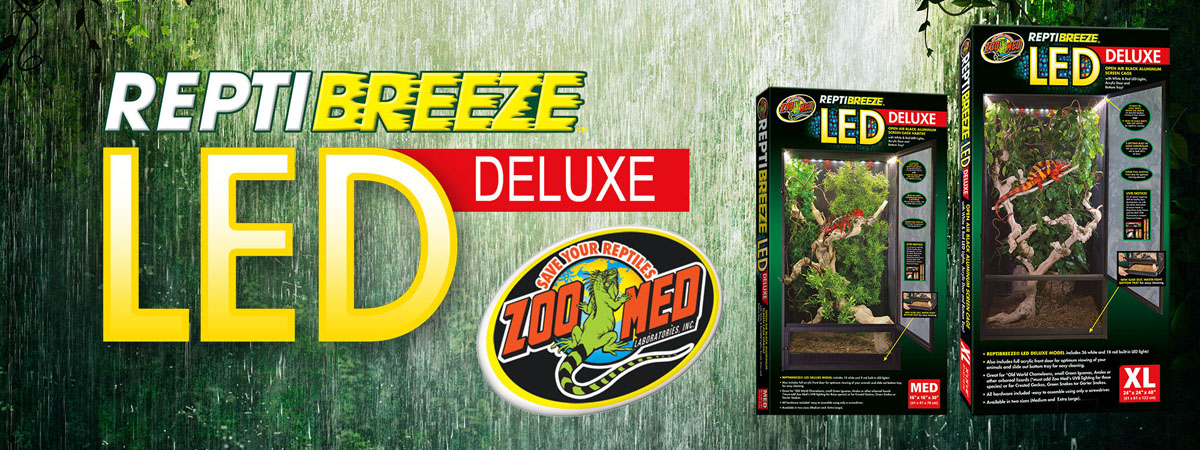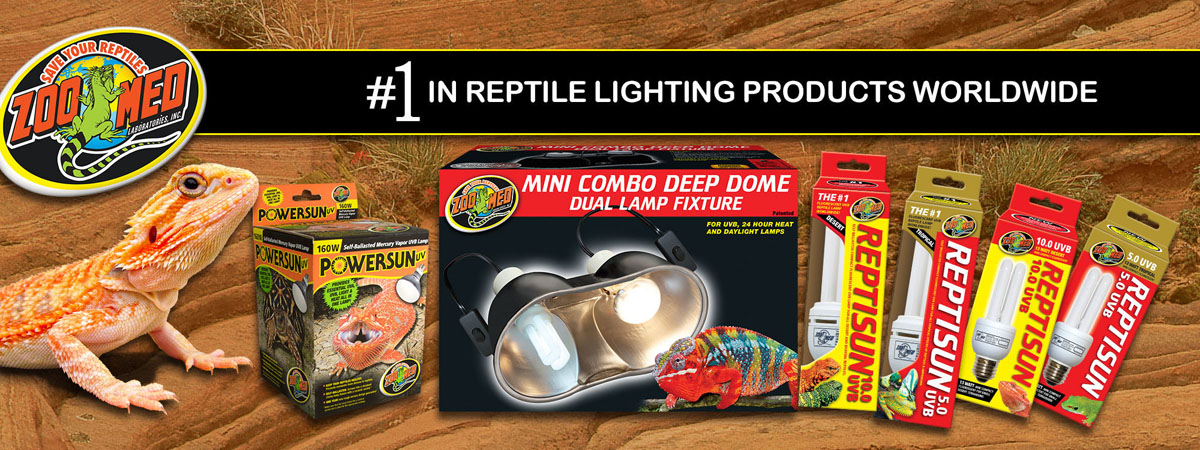GREEN ANOLE
|
 | Green Anoles are among the most recognizable reptiles in the hobby. This small species has very interesting behaviors and does well in captivity when cared for properly. Anoles are inexpensive animals; however the cost of maintaining them is similar to most other reptiles. Anoles make great terrarium pets, however handling them should be kept to a minimum.
- Common Name:Green Anole
- Scientific Name: Anolis carolinensis
- Distribution: Southeastern US &
Coastal Texas - Size: 5-8″
- Life Span: 3-5 years
|
HABITAT |
- Anoles will need at least a 10 gallon terrarium. Do not keep males together because they are territorial and will fight.
- Zoo Med’s Naturalistic Terrariums are an excellent choice for Green Anoles.
- This species is arboreal so provide plenty of plants with sturdy branches for climbing.
- A Repti Shelter™, Habba Hut™, or Cork Bark will provide a secure hiding place to help reduce stress.
- Green Anoles do well in terrariums with running water. Zoo Med’s Waterfall Kit™ is a great way to provide a naturalistic landscape and offer your reptile fresh running water.
|  |
HEATING | - Daytime Terrarium Temperature: 75-80° F
- Basking Spot: 85-90° F
- Nighttime Temperature: 60-75°F
- It is important to create a thermal gradient in your terrarium. This can be accomplished by providing a Basking Spot Lamp and an Under Tank Heater on one side of the terrarium. By focusing the heating elements on one side of the cage, you will naturally provide the proper thermal gradient.
- Any of Zoo Med’s thermometers will help you monitor terrarium temperatures.
|  |
|
LIGHTING | - Anoles are diurnal reptiles that will need special UVB lighting to stay healthy and grow strong.
- Zoo Med’s ReptiSun® 5.0 UVB Fluorescent Lamp will provide UVB and will illuminate your terrarium to create a natural photoperiod (day/night cycle).
- Zoo Med’s ReptiSun® 5.0 Compact Fluorescent Lamp is a great choice for smaller terrariums.
|  |
|
SUBSTRATES | - Green Anoles can be kept successfully on a variety of substrates. Zoo Med’s Eco Earth® and ReptiSand® can be mixed together to create a sandy soil mixture that replicates the Anoles habitat in the wild.
- Adding a small top layer of Zoo Med’s New Zealand Sphagnum Moss or Terrarium Moss will help maintain humidity in your terrarium.
|  |
|
NUTRITION | - Green Anoles are insectivorous and will need to be offered a variety of insects to stay healthy.
- Insect size = width of Anoles head.
- Green Anoles should be fed crickets or mealworms dusted with ReptiCalcium® and ReptiVite™ as directed.
- Always remove uneaten crickets after each feeding.
|  |
|


